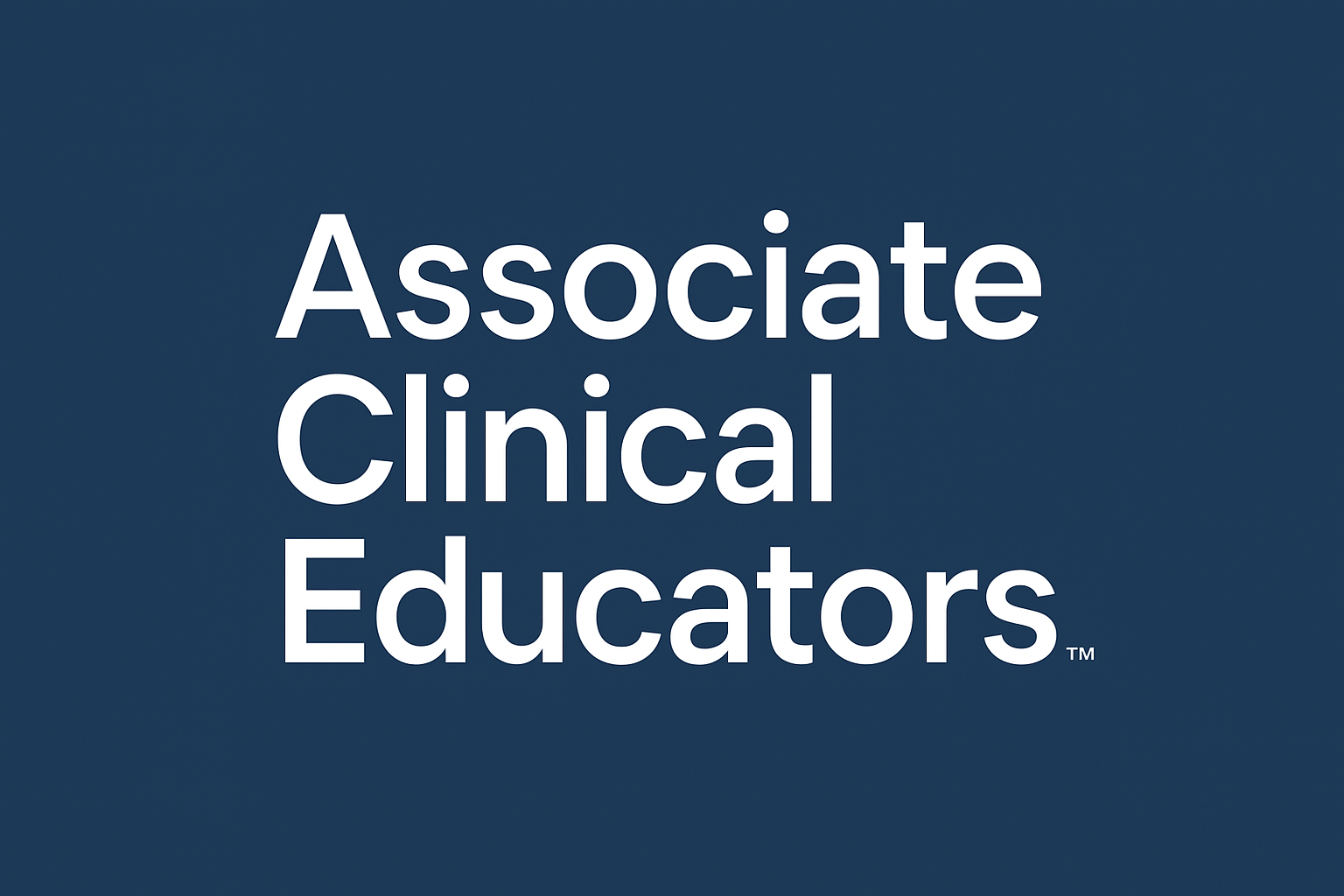Meducate’s Recent Achievements & Future Goals In Medical Education
Meducate Academy – Reflecting on Our Recent Achievements and Future Goals in Medical...
Read MorePosted by R Spour | May 28, 2024 | Associate Clinical Educators, Meducate Academy |
Meducate Academy – Reflecting on Our Recent Achievements and Future Goals in Medical...
Read MorePosted by R Spour | Apr 21, 2024 | Associate Clinical Educators, Meducate Academy |
In the demanding landscape of healthcare, where stress and burnout loom large, mindfulness emerges...
Read MorePosted by R Spour | Mar 28, 2024 | Associate Clinical Educators, Clinical Education, Meducate Academy |
Navigating the intricacies of clinical communication is imperative for Associate Clinical Educators as they mould the next generation of healthcare professionals. Understanding this necessity, I’ve meticulously crafted a...
Read MorePosted by R Spour | Feb 4, 2024 | Associate Clinical Educators, Cliniskills, Meducate Academy |
Meducate Academy is making waves in healthcare education, from a successful venture with Physician Associate students at Chester Medical School to expanding collaboration with Cliniskills across multiple locations. Discover the...
Read MorePosted by R Spour | Jan 12, 2024 | Associate Clinical Educators, Meducate Academy |
Discover practical insights for effective leadership in medical training with a focus on key concepts like the SMARTER model, team management styles, and situational leadership. Our guide discusses the importance of...
Read More